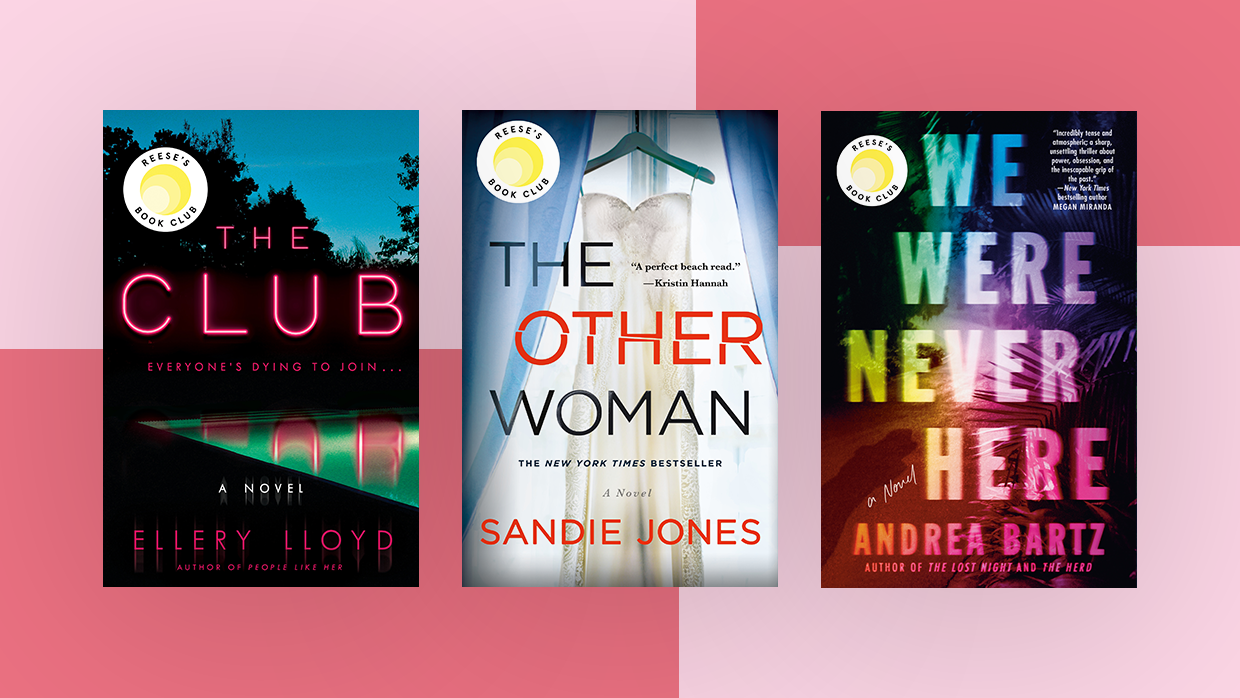I grew up in a loving but strict household, whose parents expected obedience and good behavior from their three daughters. I had opinions, but as a naturally introverted and sensitive middle child, I didn’t always feel like my opinion counted. It didn’t help that we were one of only two Chinese families at our school, maybe even the entirety of Southern California as far as I was concerned. I learned early on that I got along better with the world if I kept my opinions to myself.
“Whether you’re heard by a few or many, we need unique and diverse perspectives to push us toward a more perfect truth.”
Maybe that’s why I gravitated to advice columns, which is the first thing I looked for when the newspapers came. The advice column represented ultimate wish fulfillment. An agony aunt, as such advisors were known, had power. People sought her out, even paid her for her opinions. I didn’t always agree with the advice (see Ann Lander’s Answer to Is It OK To do Housework In The Nude—to me, it was just dangerous) and some of it was wrong (Ann’s position that throwing rice at weddings caused birds to explode). But most of the time, the advice columnist rendered her opinion with the kind of common sense born of experience along with a good seasoning of wit. One of my favorite Dear Abby advice letters asked her what is the difference between a mistress and a wife? To which she answered simply, “Night and day.” And whether you agreed with her or not, her opinions made us wrestle with our beliefs. They opened a dialogue and pushed us toward a more perfect truth.
THE DOWNSTAIRS GIRL tells the story about a girl living secretly underground who uses her voice to create social change. For many Chinese living in North America in the 19th century, living ‘out of sight’ was one of the ways to escape widespread prejudice against them. With their foreign looks and ‘odd’ ways, Chinese made convenient scapegoats for social problems, even those born in the US. You could say my heroine, Jo Kuan, a Chinese woman, occupied the very bottom branch of society.
But Jo did something young women like herself were not supposed to do. She had an opinion.
Not all of us have what it takes to be an advice columnist, but I believe we are all made for opinions, whether that’s through how we dress, or what we tweet. Jo found her voice through her Dear Miss Sweetie column. The original title of this book was actually DEAR MISS SWEETIE, because Jo’s new identity as an advice columnist represented such an important shift for her. For me, the kid who shied away from attention, writing was my outlet for telling the world exactly what I thought.
It is my hope for this book that readers come to realize how much their voices matter. Whether you’re heard by a few or many, we need unique and diverse perspectives to push us toward a more perfect truth. Step out from the shadows of your hat, like Jo Kuan, and be a part of the light.



